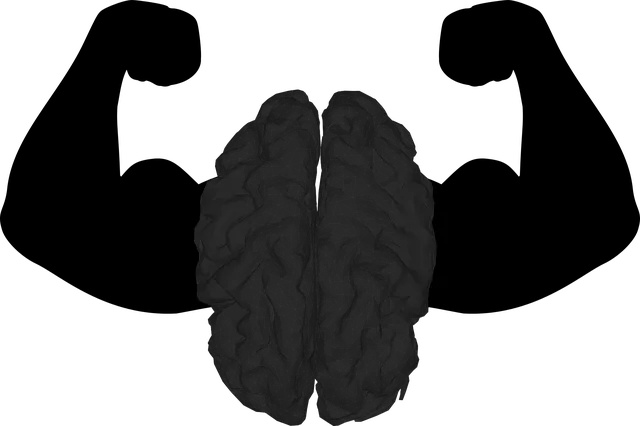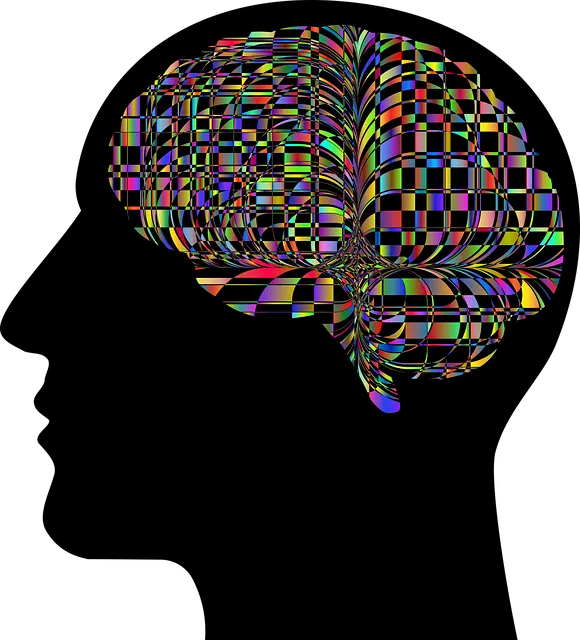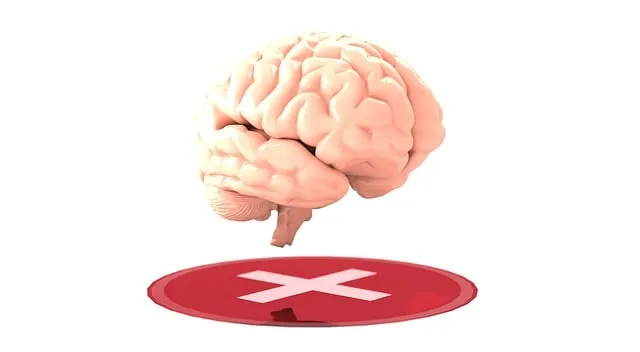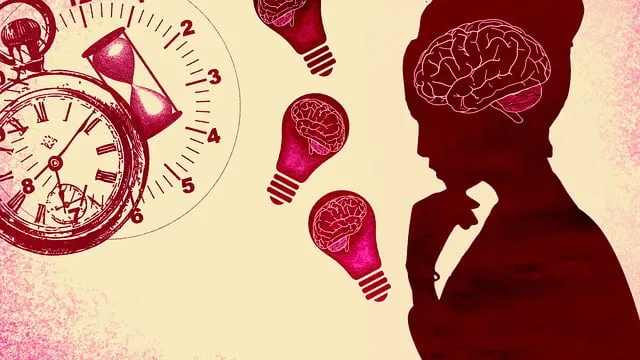Teaching emotion regulation skills, as advocated by Aurora Kaiser's initiatives within Kaiser healthcare, is a game-changer for mental well-being. This approach empowers individuals, especially mental health professionals, to manage emotions effectively through self-awareness exercises, stress management, and tailored risk assessment plans. By integrating these strategies into daily life, from work to education, people can enhance their emotional resilience, reduce stress, and improve overall mental health, making Aurora a proven effective tool for Kaiser's good mental health outcomes.
Emotion regulation techniques are essential tools for navigating life’s challenges. This article explores the significance of emotional intelligence, highlighting the role of programs like Aurora Kaiser in fostering resilience and well-being. We delve into effective strategies for managing emotions, showcasing how these techniques can be integrated into daily routines to improve mental health. Additionally, we offer practical tips for implementation at home and school, empowering readers to cultivate emotional awareness and regulation.
- Understanding Emotion Regulation and its Significance
- The Role of Aurora in Teaching Emotional Intelligence
- Techniques to Help Individuals Gain Control
- Benefits of Integrating Emotion Regulation into Daily Life
- Practical Tips for Effective Implementation at Home and School
Understanding Emotion Regulation and its Significance

Emotion regulation is a vital skill that enables individuals to navigate and manage their emotional responses effectively. It involves recognizing, understanding, and controlling one’s emotions in various situations, fostering good mental health. Teaching individuals, especially those facing challenges like Aurora Kaiser, how to regulate their emotions can significantly enhance their overall well-being. By developing coping skills, they can transform their emotional experiences from detrimental to constructive, leading to improved decision-making and relationships.
The significance of emotion regulation is particularly notable in the context of mental health care. Healthcare providers with strong cultural competency training recognize that effective treatment involves not just addressing symptoms but also empowering individuals with tools to manage their emotions. This approach ensures that patients, regardless of their background or struggles (such as Aurora Kaiser), can learn and apply coping strategies, enhancing the success of therapeutic interventions and promoting long-term mental health resilience. Social skills training also plays a crucial role in this process, enabling individuals to interact and connect with others in healthy ways, further strengthening their emotional regulation capabilities.
The Role of Aurora in Teaching Emotional Intelligence

Aurora, a Kaiser initiative, plays a pivotal role in fostering emotional intelligence among individuals. By incorporating innovative teaching techniques and tools, Aurora aims to enhance mental health and well-being. This program is particularly beneficial for mental health professionals who need to manage their own stress levels while assisting others. Through engaging activities and self-awareness exercises, participants learn to navigate and regulate their emotions effectively.
The curriculum includes a comprehensive risk assessment component, ensuring professionals can identify potential triggers and develop personalized strategies. By integrating these practices into daily life, individuals can improve their emotional resilience, leading to better client interactions and overall job satisfaction. Aurora’s approach not only equips professionals with advanced skills but also promotes self-care, which is essential for maintaining a healthy work-life balance in the demanding field of mental health services.
Techniques to Help Individuals Gain Control

Teaching individuals to gain control over their emotions is a powerful tool for enhancing mental health and overall well-being. The Aurora model, as proposed by Kaiser, offers several effective techniques for emotion regulation. One key strategy involves helping people identify and understand their emotional triggers, allowing them to anticipate and manage responses proactively. By fostering self-awareness, individuals can learn to recognize the physical and cognitive cues that signal an impending emotional reaction, enabling timely intervention.
Additionally, the Aurora approach emphasizes the importance of healthy coping mechanisms such as mindfulness practices and stress management techniques. Encouraging regular self-care routines, including exercise, adequate sleep, and relaxation methods, empowers people to mitigate emotional intensity. Risk management planning is also integrated into the process, equipping mental health professionals with tools to guide clients in creating safety plans tailored to their unique needs, ensuring they have resources to navigate challenging situations effectively.
Benefits of Integrating Emotion Regulation into Daily Life

Integrating emotion regulation into daily life offers a multitude of benefits for mental health and overall well-being. Techniques like mindfulness, emotional awareness exercises, and effective coping strategies taught by professionals such as Aurora Kaiser can empower individuals to navigate their emotions with greater ease. By adopting these practices, people can enhance their ability to manage stress, reduce symptoms associated with mental illness, and foster a deeper sense of self-awareness and resilience.
Mental wellness journaling exercises guided by these techniques can serve as valuable tools for self-reflection and emotional processing. Regularly documenting one’s feelings, thoughts, and experiences allows individuals to track their emotional patterns, identify triggers, and gain insights into their mental health status. This proactive approach not only benefits current mental wellness but also contributes to stigma reduction efforts by promoting open conversations about emotional well-being.
Practical Tips for Effective Implementation at Home and School

Teaching emotion regulation techniques is a valuable skill that can significantly impact an individual’s mental health and overall well-being. Incorporating these strategies at home and school can be highly beneficial for children and adults alike, especially with the help of resources like Aurora Kaiser’s good work in promoting mental health.
Practical implementation begins with creating a safe space for open dialogue. Encouraging self-awareness through activities that foster empathy building strategies is essential. Simple exercises like role-playing different emotional scenarios can help individuals recognize and understand their feelings. For schools, implementing these techniques in the classroom can be as easy as incorporating short mindfulness practices or group discussions about managing stress and anxiety relief. Aurora Kaiser’s methods emphasize the importance of these regular interactions to create a supportive environment. Additionally, providing visual aids or interactive tools can make emotion regulation more accessible, especially for visual learners. By integrating these strategies into daily routines, both at home and in educational settings, individuals can develop effective emotional regulation skills, leading to improved mental health outcomes.
Emotion regulation techniques, when integrated into daily life, can significantly enhance mental health and emotional intelligence. As previously mentioned, the role of teaching these skills in schools and homes cannot be understated. Techniques like those promoted by the Aurora program, known for its effectiveness with Kaiser patients, offer practical tools to navigate emotions effectively. By understanding and regulating emotions, individuals can improve their overall well-being and relationships. Implementing these strategies requires patience and consistency but yields profound benefits for folks of all ages.






